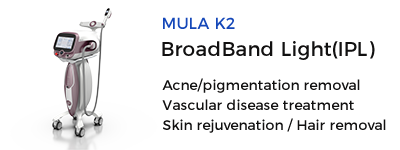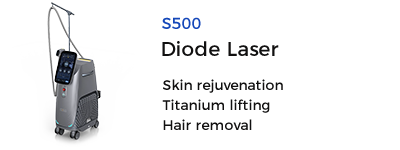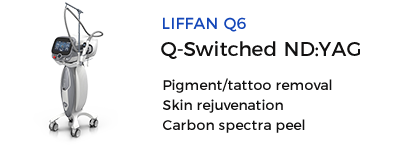Menopause and Acne: What to Expect

Menopause and Acne: What to Expect
Menopause and Acne: What to Expect
Menopause is a natural biological process that marks the end of a woman's reproductive years. It comes with a host of physical and emotional changes, often including hot flashes, mood swings, and sleep disturbances. However, one less frequently discussed issue is the onset or exacerbation of acne. Understanding what to expect regarding menopause and acne, and exploring treatment options like IPL for acne, spot treatment for acne, and skin whitening laser treatment, can empower women navigating this new life stage.
The Hormonal Connection: Why Acne Flares Up During Menopause
The primary culprit behind menopausal acne is hormonal fluctuations. During menopause, estrogen levels decline while androgen levels remain relatively constant or may even increase. This hormonal imbalance can cause the sebaceous glands to produce more oil, leading to clogged pores and breakouts.
Characteristics of Menopausal Acne
Unlike the acne experienced during adolescence, menopausal acne typically manifests on the lower part of the face, such as the chin, jawline, and around the mouth. These breakouts can be persistent and may include deeper, cystic forms of acne that can be particularly challenging to treat.
Treatment Options for Menopausal Acne
- Topical Treatments
- Spot Treatment for Acne: Rapid and direct, spot treatments are essential for targeting individual blemishes. Ingredients like benzoyl peroxide and salicylic acid can help to reduce inflammation and bacteria, speeding up the healing process of existing pimples.
-
Retinoids: Topical retinoids work by promoting cell turnover and preventing the clogging of pores. They can also enhance collagen production, which is beneficial for aging skin concurrently dealing with acne.
-
Systemic Treatments
- Oral Medications: Options like oral antibiotics, hormonal therapy (such as low-dose birth control pills and anti-androgens like spironolactone), and isotretinoin can be prescribed by dermatologists to manage more severe cases of acne.
-
Natural Supplements: Some find relief with supplements like zinc, omega-3 fatty acids, and evening primrose oil, which may help balance hormone levels and reduce inflammation.
-
Advanced Dermatological Procedures
- IPL for Acne (Intense Pulsed Light): This non-invasive treatment uses broad-spectrum light to penetrate the skin, targeting the bacteria that cause acne and reducing excess oil production. IPL can also help to minimize redness and promote an even skin tone.
- Laser Therapies: For persistent cases, laser treatments can be highly effective. These include ablative and non-ablative lasers that resurface the skin, reducing scars, and controlling sebum production.
- Skin Whitening Laser Treatment: Menopausal women who experience pigmentation issues alongside acne may benefit from skin whitening laser treatments. These treatments are designed to lighten dark spots and hyperpigmentation, creating a more uniform complexion.
Lifestyle Changes and Skin Care Tips
- Gentle Skin Care: Opt for non-comedogenic, fragrance-free products. Use a mild cleanser twice daily and avoid harsh exfoliants which can aggravate the skin.
- Healthy Diet: Incorporate a balanced diet rich in fruits, vegetables, and whole grains. Reducing sugar and dairy intake can also help mitigate acne.
- Hydration: Stay hydrated to support overall skin health and function.
- Stress Management: Since stress can worsen acne, practicing mindfulness, yoga, or other relaxation techniques can contribute to clearer skin.
Conclusion
Menopause can be a challenging time for many women, but understanding the link between hormonal changes and acne can lead to effective management strategies. With the right combination of topical treatments, systemic approaches, and advanced dermatological procedures like IPL for acne and skin whitening laser treatment, women can navigate menopausal acne successfully. Always consult a dermatologist to tailor treatments to your specific needs, ensuring both the health and beauty of your skin during this transitional period.

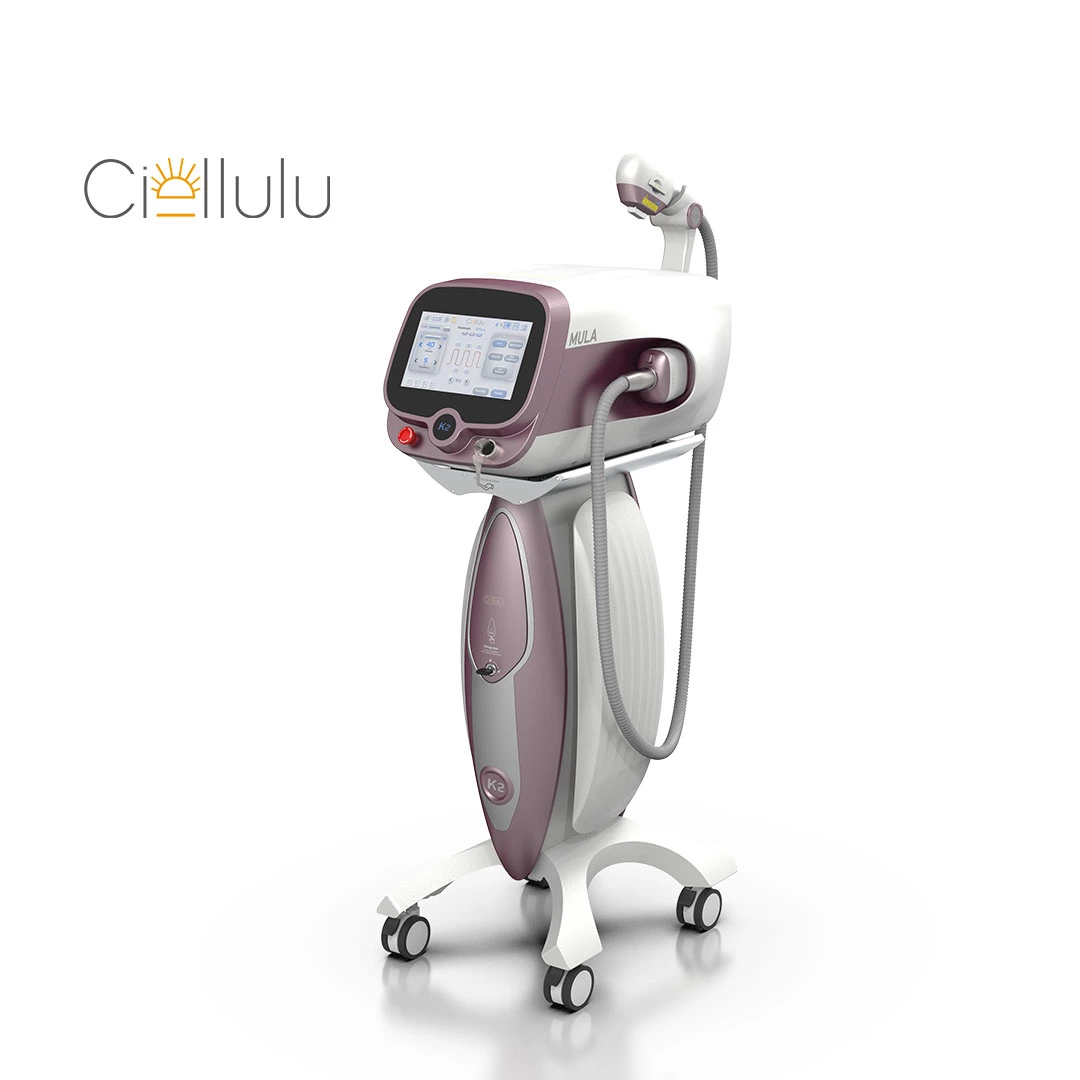
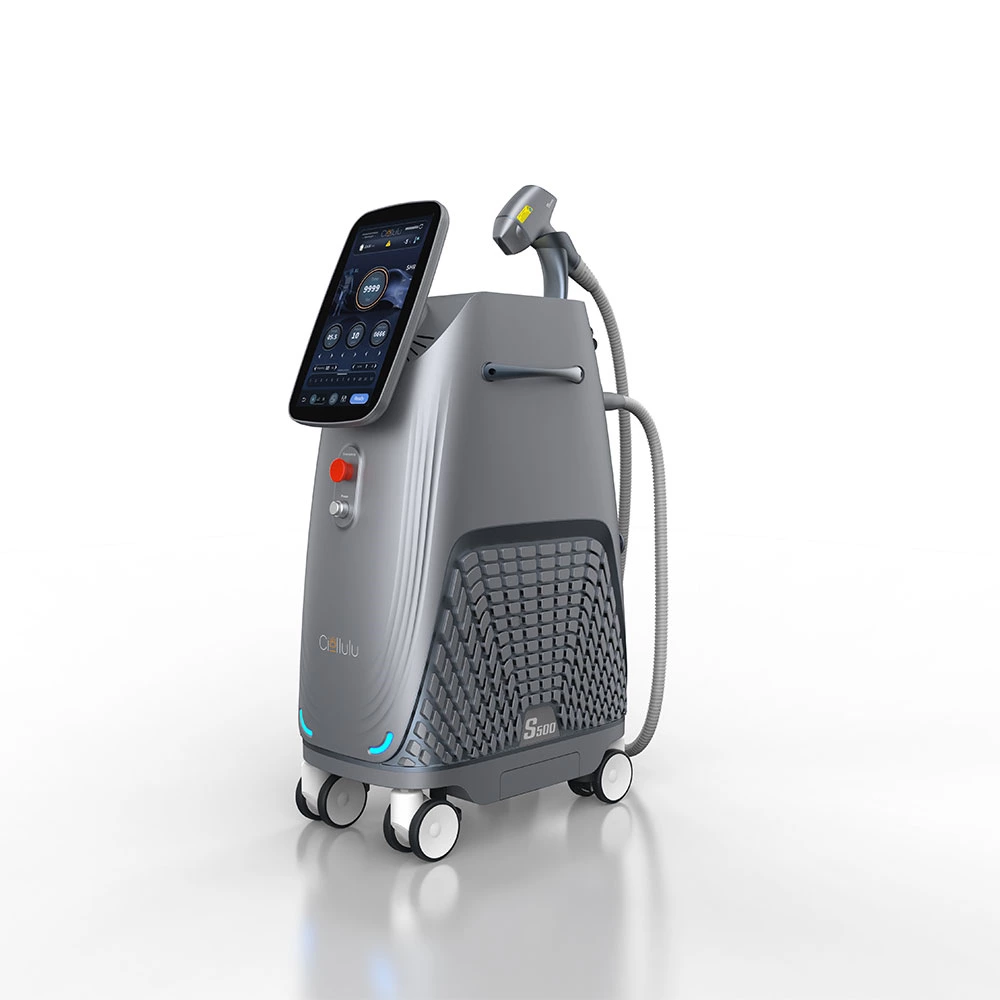
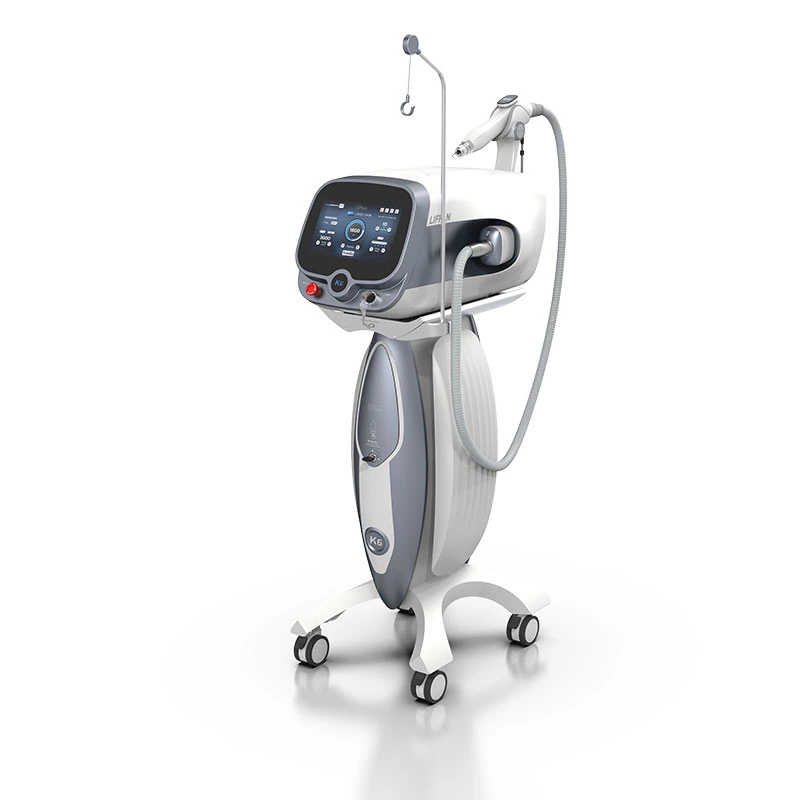
 Ciellulu Laser - Facial Machine Supplier
Ciellulu Laser - Facial Machine Supplier